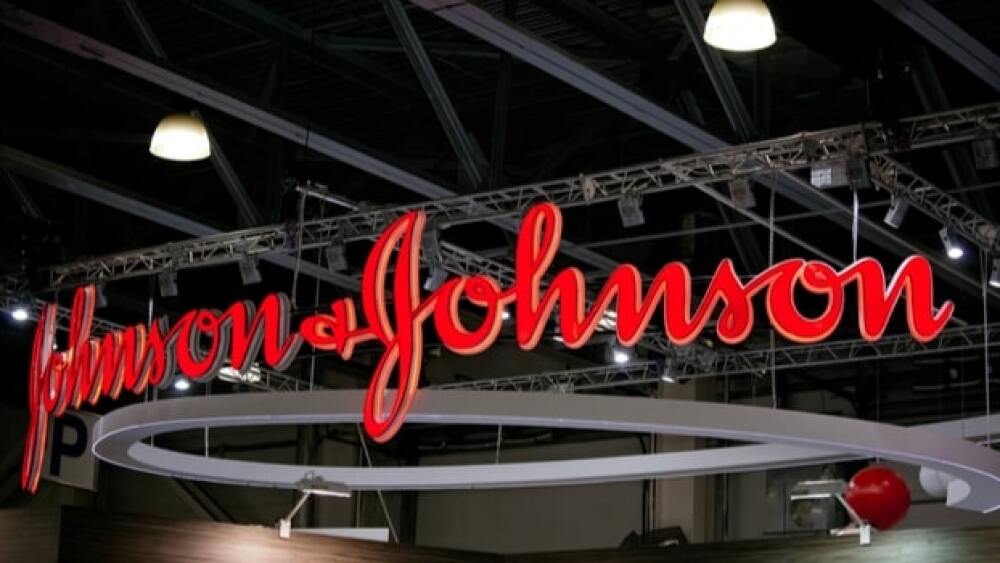Johnson & Johnson discontinued the Phase III trial of an investigational HIV vaccine regimen Wednesday after an independent review showed it was ineffective at preventing disease.
Courtesy of Getty Images
Johnson & Johnson announced Wednesday the discontinuation of its Phase III Mosaico trial after an independent and scheduled data review showed its investigational HIV vaccine regimen was ineffective at preventing the disease.
Launched in 2019 by subsidiary Janssen, Mosaico is a randomized, double-blinded and placebo-controlled trial with around 3,900 cisgender men and transgender persons enrolled.
The HIV vaccine regimen included an adenovirus serotype 26 vector, given across four visits over one year. A different mix of proteins was administered during the third and fourth visits. Mosaico’s vaccination concluded in October 2022.
Though no concerning safety signals were detected, Janssen’s vaccine regimen was not significantly better than the placebo at preventing HIV infection, and the study was unlikely to meet its primary endpoint, according to the independent Data and Safety Monitoring Board.
In a statement, Penny Heaton, M.D., global therapeutic area head of vaccines in Janssen’s Research and Development team, said the company is “disappointed” with these results, particularly given the need for treatment options in HIV prevention.
Mosaico’s failure is J&J’s second HIV stumble in the last 18 months.
In August 2021, the company’s Phase IIb Imbokodo trial also fell short of its primary endpoint. Enrolling around 2,600 young women from sub-Saharan Africa deemed at high risk of contracting HIV, the study found no significant difference between J&J’s investigational vaccine regimen and placebo at preventing infection.
Imbokodo was also discontinued.
Addressing the Unmet Need in HIV
Alongside J&J, several other biopharma companies are working to answer the significant unmet medical need that remains in HIV, whether through prevention or treatment.
Messenger RNA leader Moderna launched the Phase I trial of mRNA-1574, its investigational HIV trimer vaccine, in March 2022. The study was designed to assess the immunogenicity and safety of Moderna’s candidate. The company has another HIV vaccine hopeful, mRNA-1644, which entered Phase I assessments in early 2022.
Aside from Moderna, researchers from the University of Oxford have started a clinical trial for HIVconsvX, a vaccine candidate designed to target a wide range of HIV variants.
On the treatment side, Gilead Sciences is leading the pack.
In August 2022, the company won marketing authorization from the European Commission for its injectable drug Sunlenca (lenacapavir) for adults with multi-drug resistant HIV.
The FDA, which had previously rejected the New Drug Application for Sunlenca, also gave Gilead’s HIV therapeutic its regulatory nod in December 2022. Sunlenca is the first HIV treatment that acts via capsid inhibition.






